The Independent National Electoral Commission, (INEC) on Wednesday announced the conclusion of the first phase of its continuous voter registration (CVR) exercise, with over 2.5 million Nigerians fully registered across the country.
INEC’s Director of Voter Education and Publicity, Victoria Eta-Messi, disclosed that since the online pre-registration began on August 18 and in-person registration commenced on August 25, a total of 9,891,801 Nigerians had registered online.
Out of these, 2,572,054 registrations were fully completed nationwide, comprising 1,503,832 online completions and 1,068,222 physical registrations as of November 28.
“The first phase of the CVR will formally end on December 10, while the second phase is scheduled to resume on January 5, 2026, in line with the previously released timelines,” Eta-Messi stated.
She further urged eligible citizens, particularly those who have newly registered, transferred voting locations, or updated their details, to verify their information during the display of the voter register for claims and objections.
This verification exercise will run from December 15 to 21 at the local government offices where the CVR took place.
Eta-Messi also reminded Nigerians that registration activities in Anambra State and the Federal Capital Territory (FCT) remain suspended due to ongoing electoral activities, adding that new dates for resumption would be communicated in due course.
The CVR is part of INEC’s effort to ensure that all eligible Nigerians have the opportunity to register and exercise their franchise in upcoming elections, while maintaining the accuracy and integrity of the voter register.
Do you want to share a story with us? Do you want to advertise with us? Do you need publicity for a product, service, or event? Contact us on WhatsApp +2348183319097 Email: platformtimes@gmail.com
We are committed to impactful investigative journalism for human interest and social justice. Your donation will help us tell more stories. Kindly donate any amount HERE









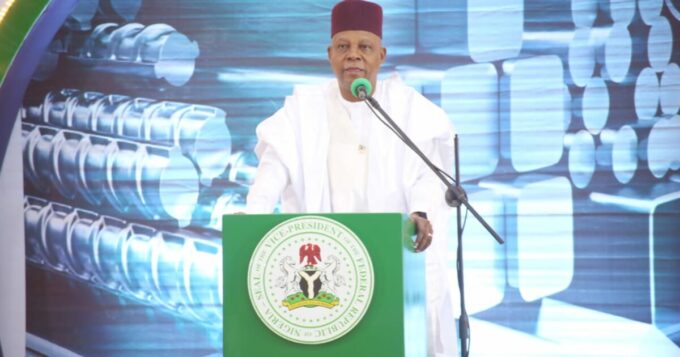
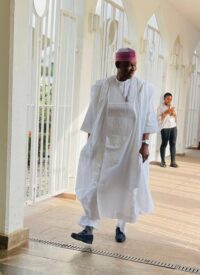

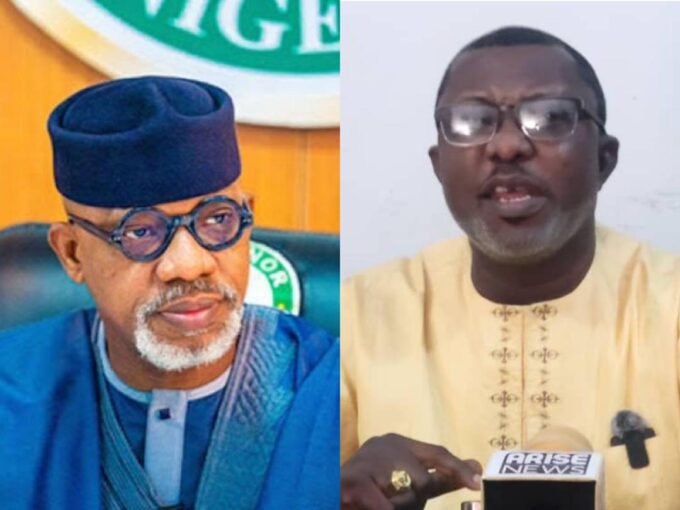
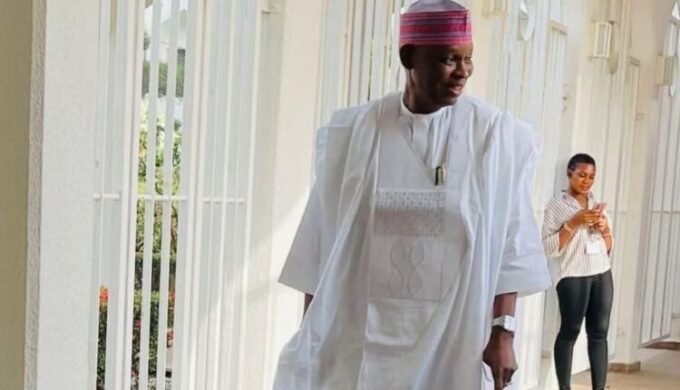

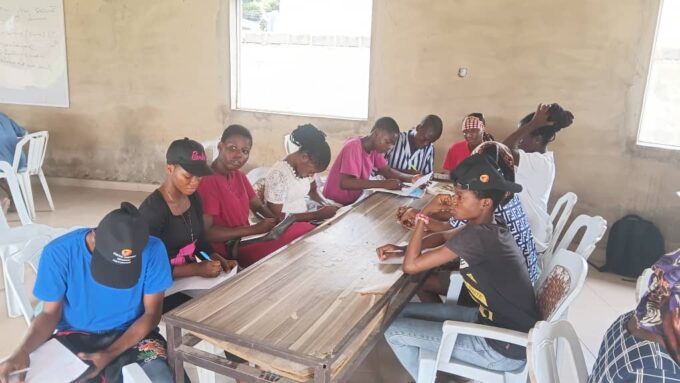





Leave a comment